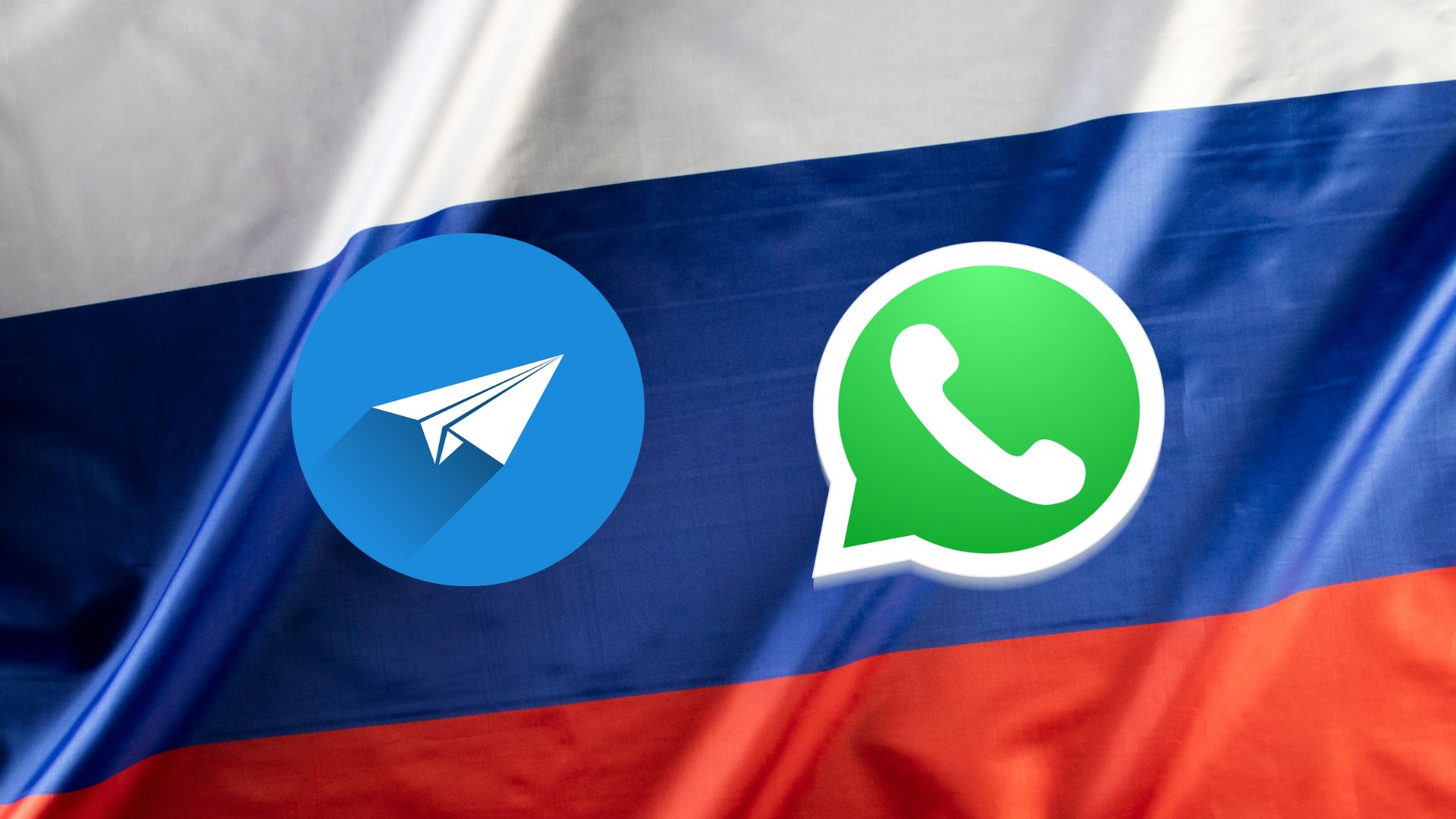Indonesia marked its 80th Independence Day by reaffirming its commitment to digital sovereignty and technology-driven inclusion.
The Ministry of Communication and Digital Affairs, following President Prabowo Subianto’s ‘Indonesia Incorporated’ directive, highlighted efforts to build an inclusive, secure, and efficient digital ecosystem.
Priorities include deploying 4G networks in remote regions, expanding public internet services, and reinforcing the Palapa Ring broadband infrastructure.
On the talent front, the government launched a Digital Talent Scholarship and AI Talent Factory to nurture AI skills, from beginners to specialists, setting the stage for future AI innovation domestically.
In parallel, digital protection measures have been bolstered: over 1.2 million pieces of harmful content have been blocked, while new regulations under the Personal Data Protection Law, age-verification, content monitoring, and reporting systems have been introduced to enhance child safety online.
Would you like to learn more about AI, tech and digital diplomacy? If so, ask our Diplo chatbot!










